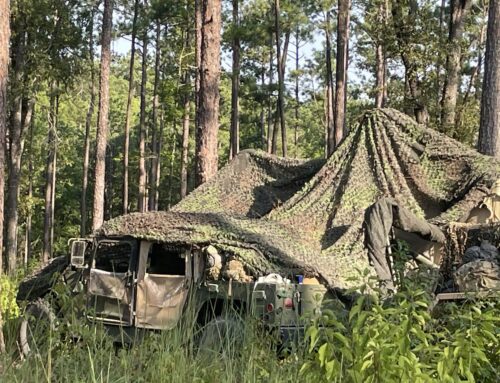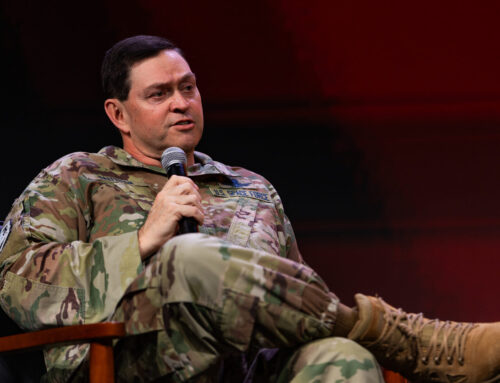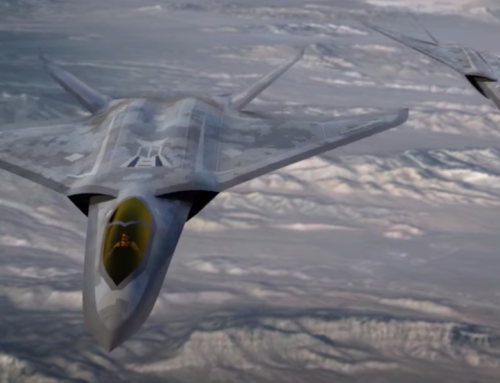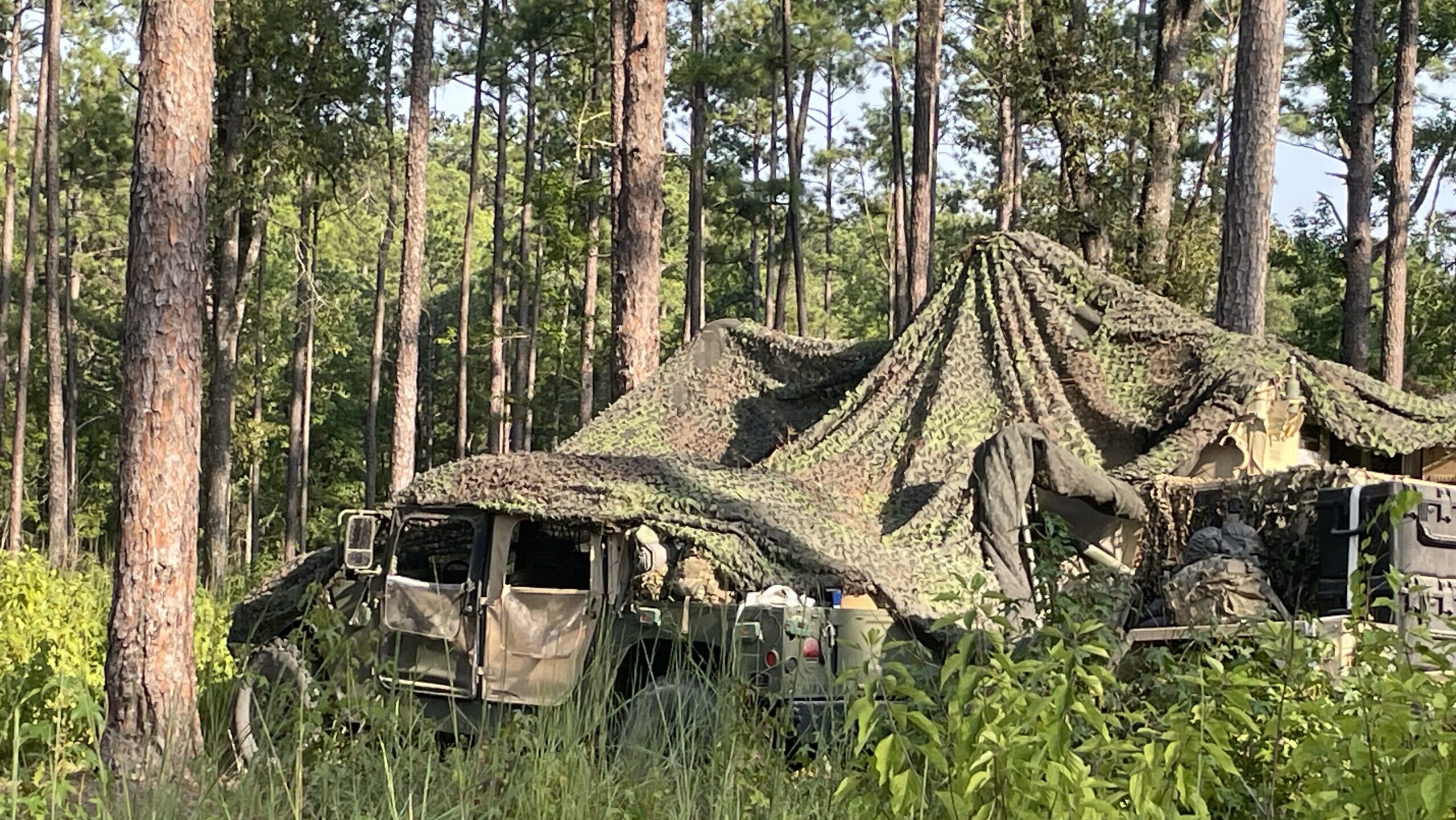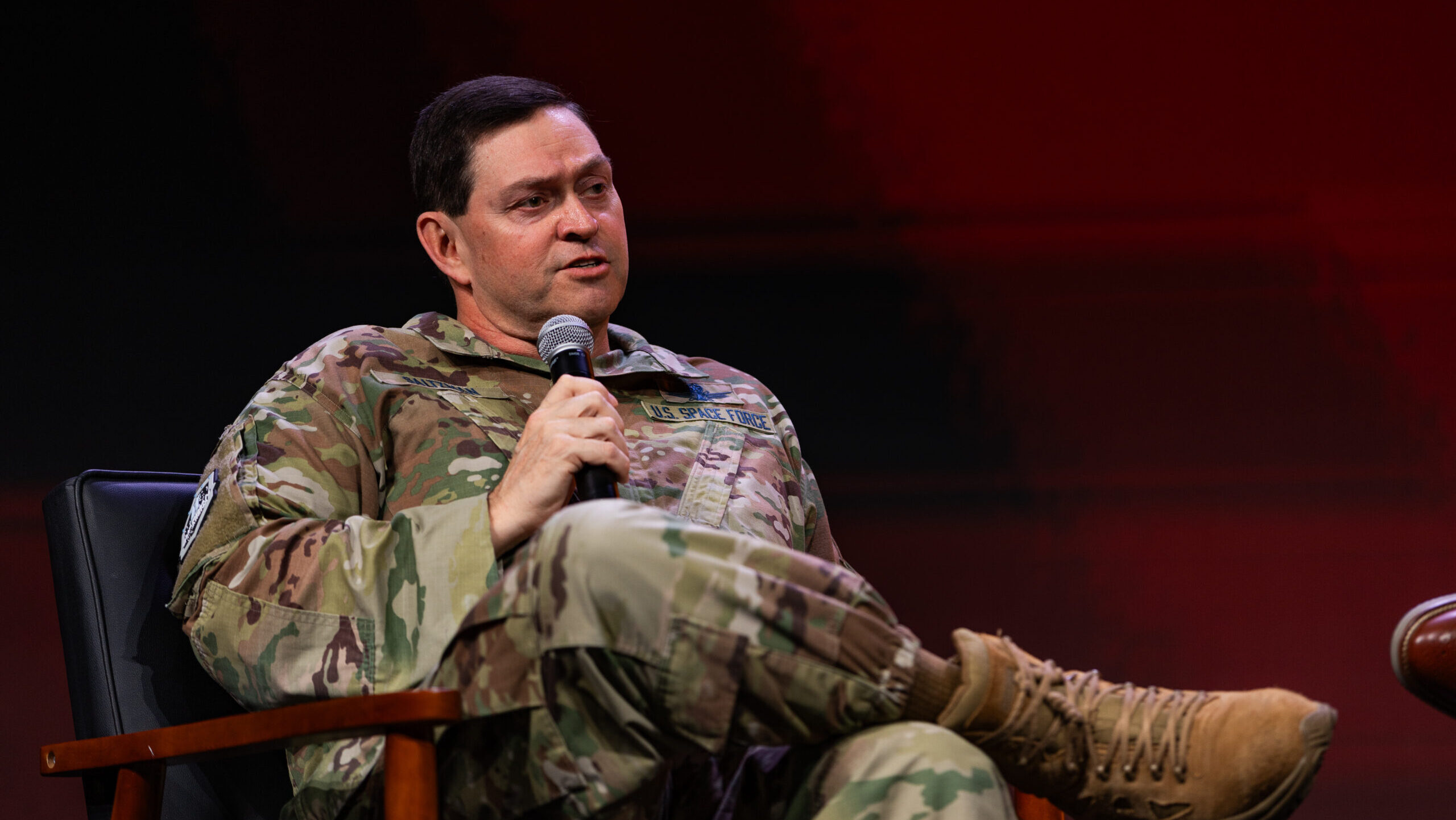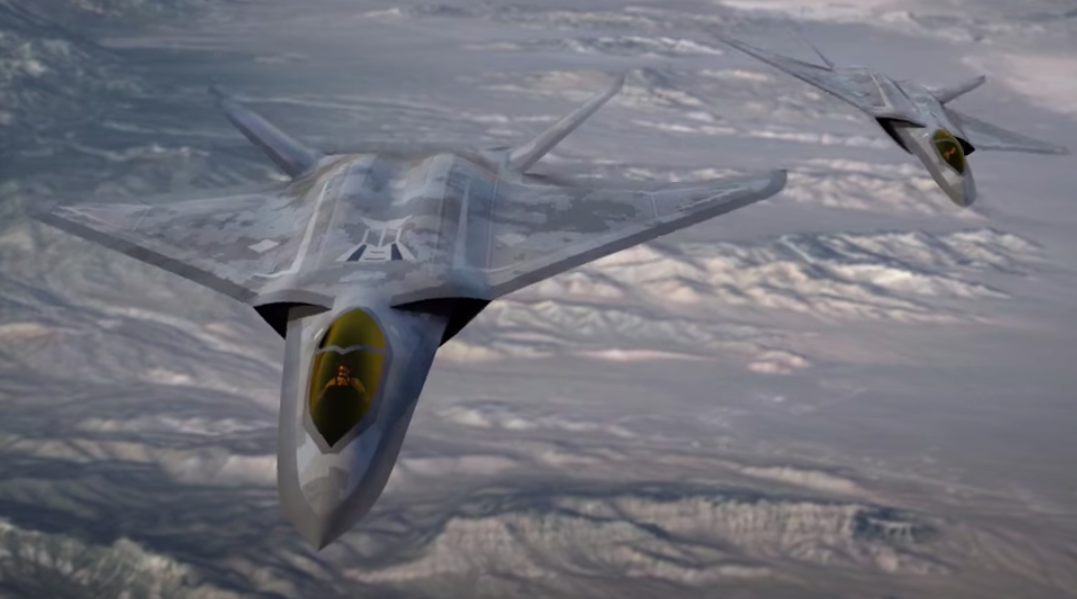Moroccan Royal Armed Forces Inspector General and Commander of the southern military zone Major General Mohammed Berrid (Centre-R) and the Commander of US Africa Command (AFRICOM) General Michael Langley (C) inspect an honour guard suring the annual “African Lion” joint military exercise between US and Moroccan forces in the Tan-Tan region in southwestern Morocco on May 31, 2024. (Photo by FADEL SENNA / AFP) (Photo by FADEL SENNA/AFP via Getty Images)
BEIRUT — As US and French troops have withdrawn from Africa’s Sahel, the area has become “less safe” and has seen an increased number of extremist groups, US Africa Command Commander Gen. Michael Langley told reporters today in a press briefing.
“Because of the expanded numbers across a number of factions or extremist organizations, whether we’re talking about JNIM [Jama’at Nusrat al-Islam wal Muslimeen] or ISIS, Boko Haram [Islamic sectarian movement] is still there. So it has increased across the region, and now is at the cusp of affecting coastal West Africa,” Langley said.
He added that these organizations “thrive in the areas of instability, such as weak governance, that lay themselves vulnerable for ungoverned populations of regions across an entire coast of West Africa.”
In May this year, the US announced that it would be withdrawing its troops from Niger by Sept. 15. Similarly, US troops are withdrawing from Chad. In both cases, the local governments requested that the US remove forces, leading to concerns in Washington about America losing on-the-ground capabilities needed to counter terrorism. That follows French forces being kicked out of Mali in early 2022.
The way “forward is to engage with these countries, identify what their needs are, in which they will lead enduring solution that in most cases, will be a whole of government approach on their end as well,” Langley said. “And so that’s where our 3D [Diplomacy, Defense and Development] construct within AFRICOM comes into play because we have those shared objectives, shared challenges, but also the throughput how we address an enduring solution through a whole government approach, and we have a lot of activities and investments that have been effective in the past and I’m sure there will be effective in the future based on the lead of our African partners.”
Langley’s statement came after the two-day African Chiefs of Defense conference hosted by AFRICOM in Botswana. More than 30 defense chiefs participated in the event, which Langley described as “very outstanding and informative” and expected it to “significantly strengthen our collective security initiatives.” The conference was also attended by the Chair of NATO military committee, Adm. Rob Bauer.
A main topic of this year’s conference was the misinformation and disinformation propagated along by the continent by Russia.
“So while pursuing diverse international relations is understandable, I see that the Russian Federation’s persistent violations of international law pose a direct threat through the rules-based international order,” Langley said.
“There’s a strong link … between the scope of disinformation and instability, that’s the truth. So getting the truth out there to counter disinformation is essential.”
Langley said that according to the Africa Center for Strategic Studies, “disinformation campaigns have directly driven deadly violence, promoted and validated military coups, and also cowed civil society members into silence and served as a smokescreen for corruption and exploitation.”
He further stated that measures need to be taken “to provide this civil society the truth that measures up to some of the illicit information disinformation that’s out there. So people can do critical thinking, to decipher the truth going forward.”
Chiefs from across Africa, Langley said, spoke about “the effects of instability of disinformation campaigns in the respective countries.”




